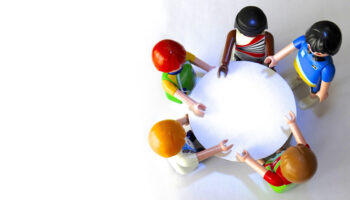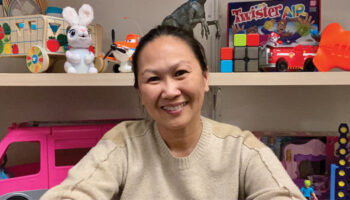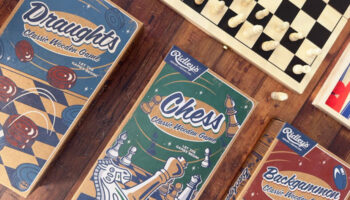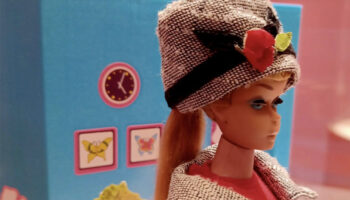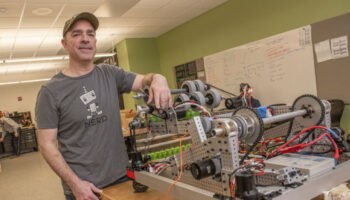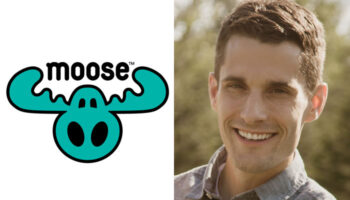How Play Can Save the World
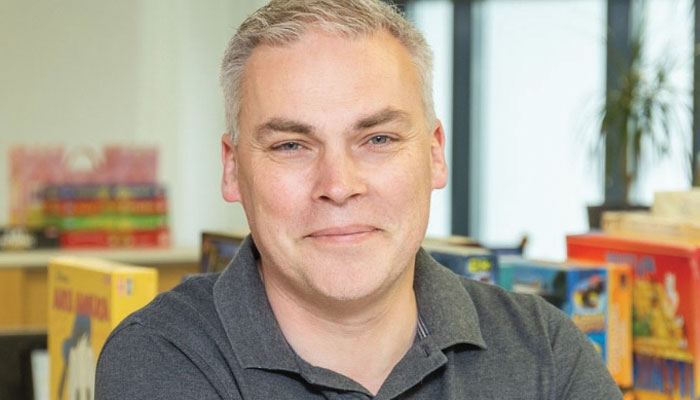
The title of this article may sound somewhat inflated but I truly believe that people who can find a state of playfulness are happier, healthier, more productive and more adaptable to change. I know that many of you reading this will be very comfortable with your inner child. But this isn’t about toys and games – it’s about promoting a way of being that playfulness can help to unlock.
So what is a state of playfulness? It’s when your mind is open to new ideas and fresh possibilities. It’s seeing the world around you with a sense of deep curiosity and being intellectually stimulated by the people you meet and the things you come into contact with.
It’s not just accepting the world as it is, but asking what it could be and how you can change it to elevate your senses and well-being. It’s about the freedom to explore the unexplored and the potentially dangerous – and to construct a narrative that enables a series of other events to take place.
I want you all to dial back to when you were children and a scenario you’d created where something dramatic was going to happen, but you managed to save the day. It might’ve been an emergency in the doll’s house, a fire in LEGO town, an impending alien invasion, or someone who got lost and found…
How do you feel recounting those memories? Role-play is a critical stage in the development of a child’s play pattern. It’s when they realise that they can be whoever they want to be and how their actions may affect others. But we know that role-playing for adults is an important tool to test out different scenarios. Many adults need some encouragement to tap into their playful side, but group role-play can really help you understand the needs of your consumer, your opposition and your own feelings about any given subject.
Risk-taking is part of play, but that doesn’t mean that playfulness promotes high-risk activities. The level of risk you’re willing to take will vary. As adults, we’ll have gone through those childhood learnings, and certain negative outcomes affect our ability to take risks in later life. Risk-taking can take many forms; it doesn’t mean you’re going to base jump whenever you get the chance or put everything you have on red. Rather, it might mean you’re happy to talk to a stranger or be prepared to try something new.
Companies – for good reason – are very keen to promote the fail-fast/learn-fast model. That’s easier said than done, though, for people who’ve grown up in environments where passing exams is the most important thing. Learning through play gives you the skills you need because hacking, experimenting and trial and error are all part of someone with a playful attitude.
So how can play save the world then? We’re facing many challenges right now and over the coming years. Not only environmental but cultural, economic and technological. Tackling these requires people to think differently; to be unafraid of trying out new ideas. It needs people who are stimulated by people from other cultures and able to find common bonds. Realise we don’t have all the answers and approach the world with the curiosity of a five-year-old – the world will pivot not from what you know but what you can imagine.
AI is already changing what’s possible. 2023 and beyond will see significant advances. We’ll all need the power of play to bring us together, to shape our future and unburden our minds, because when you’re playing, anything is possible!
–
To stay in the loop with the latest news, interviews and features from the world of toy and game design, sign up to our weekly newsletter here


